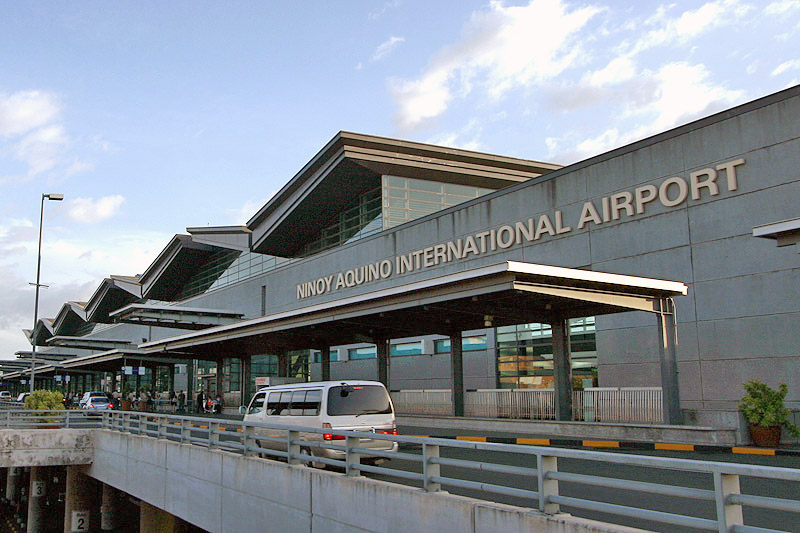
Department of Trade and Industry Secretary Adrian S. Cristobal Jr., said Japanese manufacturers are enticed to establish operations in the Philippines to take advantage of the country’ s preferential trade agreements with ASEAN, the European Union (EU), and the United States (US).
“Our two countries can work together to take advantage of the vast opportunities for growth in the ASEAN Economic Community as well as in other large markets to which the Philippines has gained, and intends to gain, wider, and deeper market access,” he said.
The ASEAN Economic Community which came into force on 31 December 2015 allows the Philippines duty free export privileges for almost 99 per cent of goods traded across member countries. The Philippines is also a beneficiary of preferential trade schemes of the US and EU under their respective General Systems of Preferences (GSP) and GSP+ trade schemes. In June 2015, the US reauthorized its GSP program which provides duty-free access to over 3,500 tariff lines or products from beneficiary countries including the Philippines. Meanwhile, the Philippines, which became a beneficiary of EU-GSP+ in December 2014, has duty-free access to EU’s 6,274 tariff lines. In the first half of 2015, with the EU-GSP+ in force, Philippine exports to the EU market grew by 27 percent as compared with total figures recorded in 2014.
Japanese firms were among the first to take advantage of these preferences to the EU, Cristobal pointed out. Among them, the renowned bicycle manufacturer Shimano, which invested JPY 3.5 billion to access the EU market through the Philippines.
“By setting up manufacturing facilities in the Philippines, Japanese companies can avail of the duty-free markets of ASEAN, EU, and US. Products which are key export interests of Japan can benefit from significant tariff differentials if produced in the Philippines. We are in fact the only country in ASEAN to enjoy preferential treatment from the EU and the US,” Cristobal explained.
DTI cited ball bearings, motorcycles, gearboxes, and pneumatic tires as goods that are being exported by Japan and which are covered by EU GSP+ and US GSP. Other Japanese product categories are footwear and textile, preserved fruits, pineapple juice, jams and jellies which are geared towards the European market. “Japanese small and medium enterprises have the potential to build linkages between manufacturing, agribusiness and service industries,” Cristobal added.
The DTI recently launched the country’s Comprehensive National Industrial Strategy (CNIS) to support inclusive growth goals. By leveraging on the strong industry performance of manufacturing, DTI aims to stimulate growth in agriculture as inputs to manufacturing, and the service industries as enabler. CNIS aims to achieve an additional two (2) per cent growth in the country’s gross domestic product.
The DTI Secretary was the guest of honor of the Resona Foundation Seminar held at the Osaka Chamber of Commerce Building in Osaka. It was one of the several events he attended during his recent trade mission in the Osaka Prefecture.
The Resona Foundation was established by the Resona Group to promote friendly ties with the economies in Asia and Oceania. It provides financial assistance to activities and seminars that focus on issues relating to economics, politics, history, culture, and environment. (DTI)







